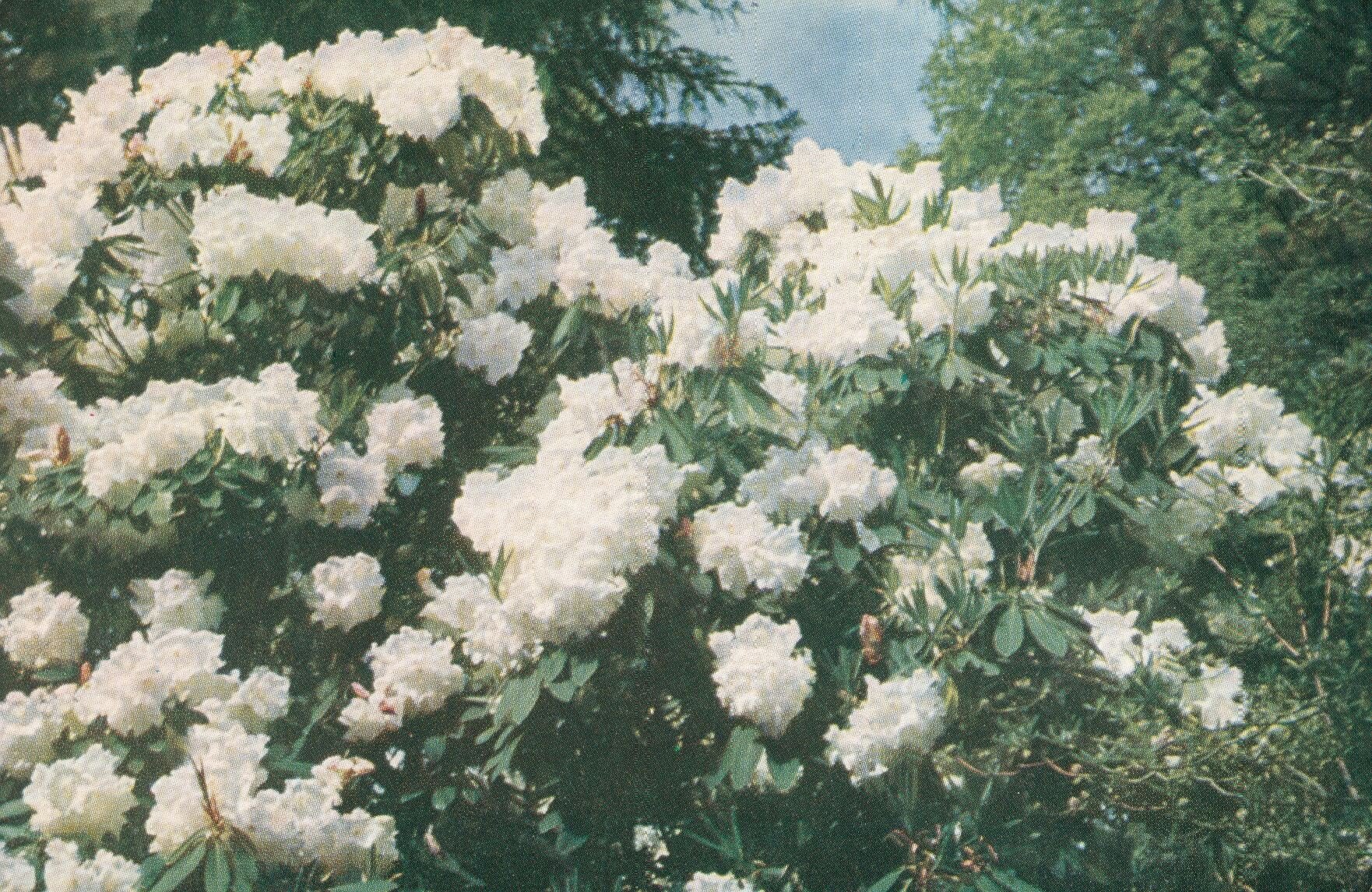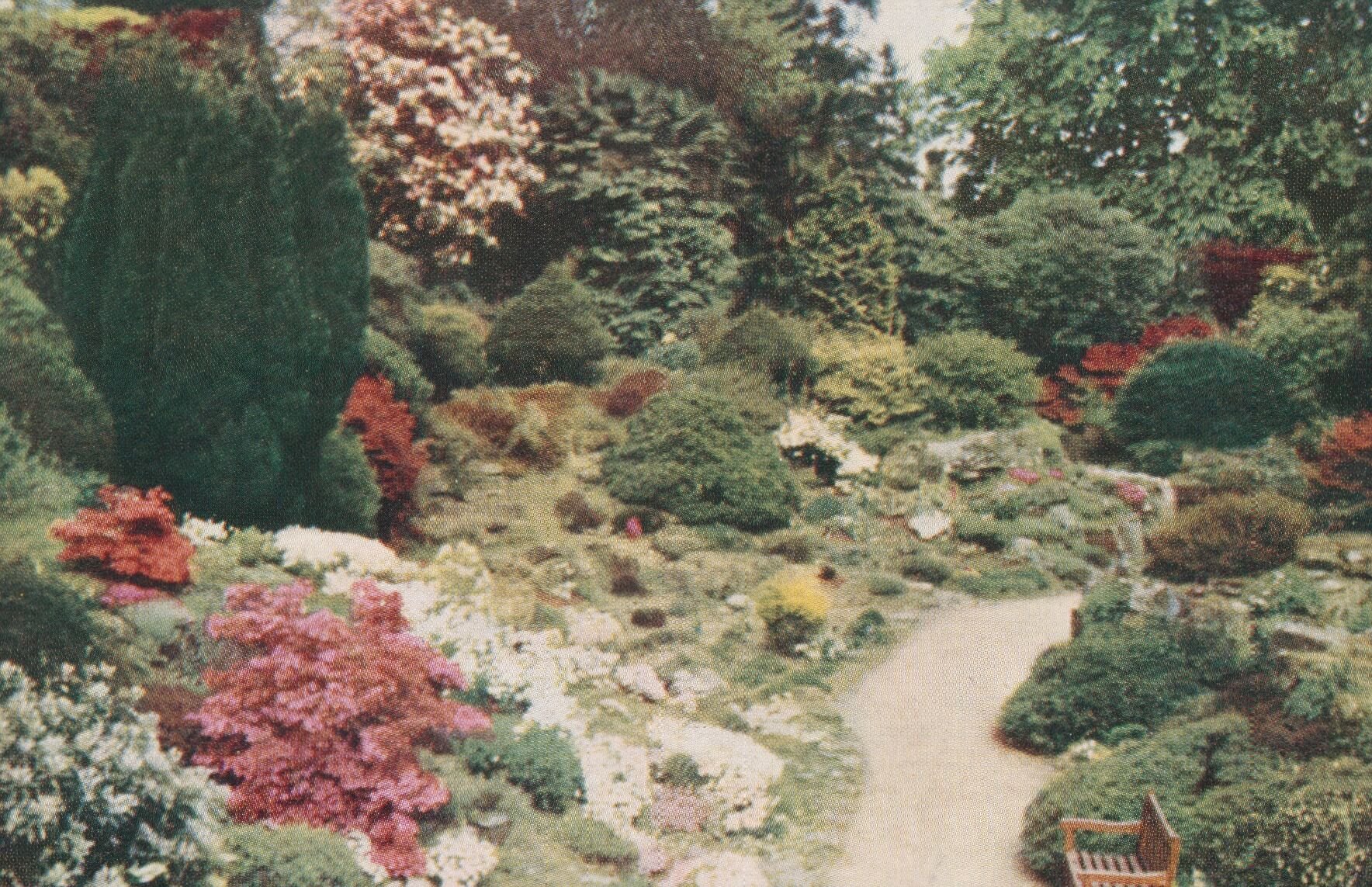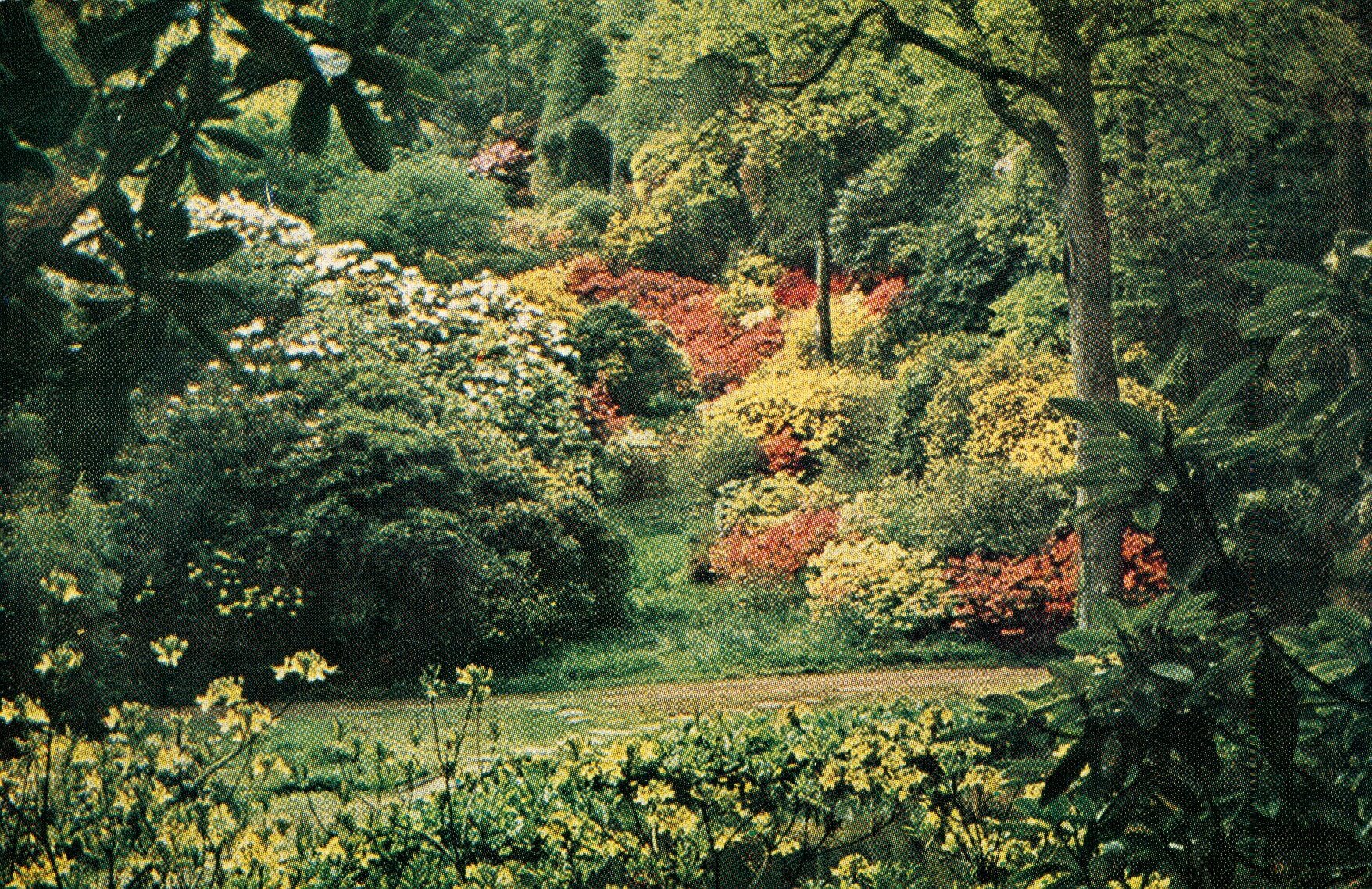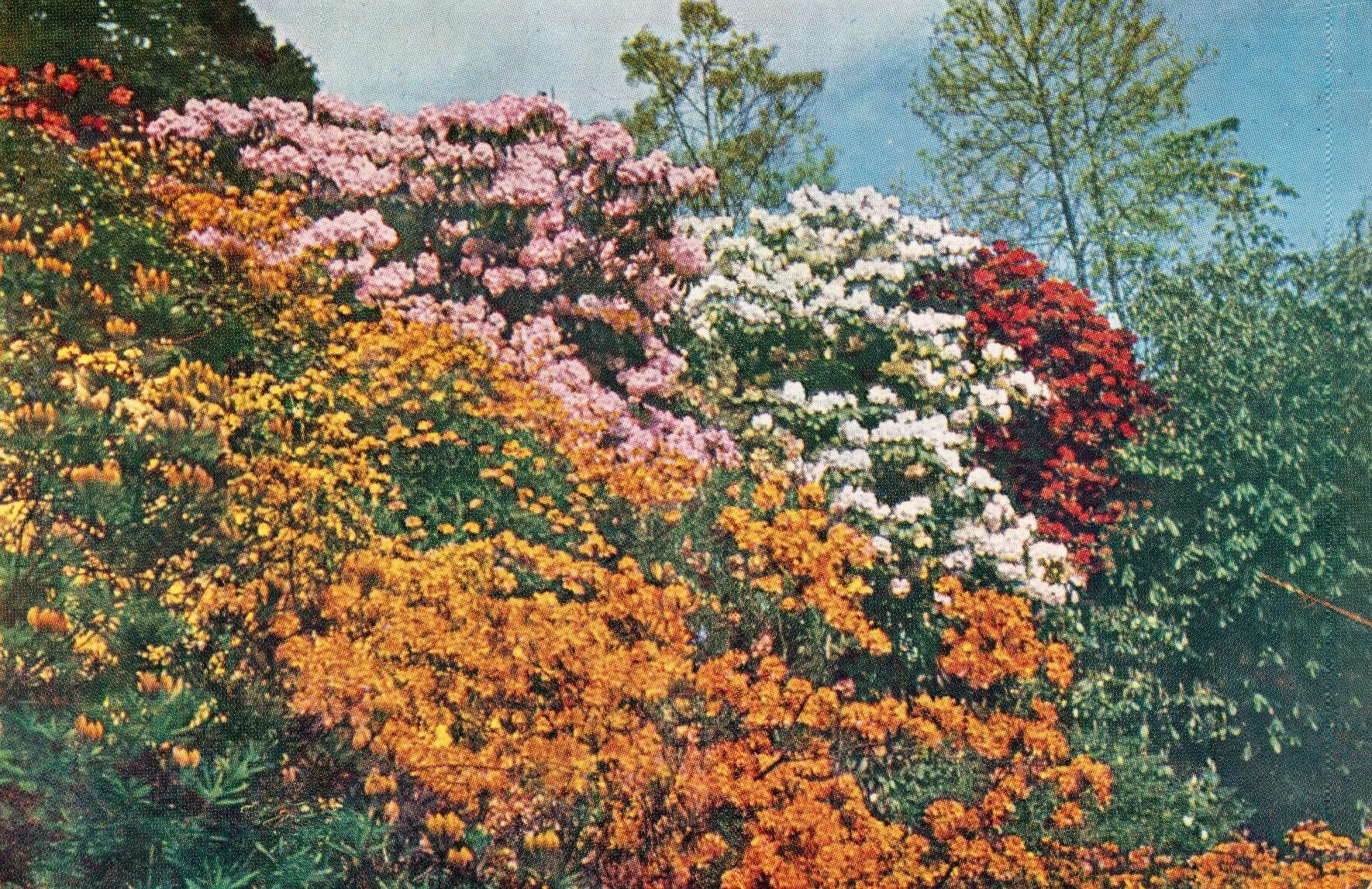Leonardslee Wins People's Choice Award for Rare Rhododendron
Leonardslee Lakes & Gardens has won the People’s Choice award in the Plant Heritage Threatened Plant of the Year 2023 competition for Rhododendron 'The Dowager'.
The rare hybrid rhododendron was voted for by visitors to the RHS Hampton Court Palace Garden Festival after Leonardslee entered five of its prized specimens into the competition.
Featuring one of the most extensive rhododendron collections in the UK, Leonardslee’s 240-acre Grade I listed estate contains hundreds of exotic and endangered plants curated by head gardener Jamie Harris and his team. Among these is Rhododendron 'The Dowager', a hybrid cross between R. ‘Muriel’ - a rare Leonardslee-raised hybrid of falconeri x grande, with currently only a single known specimen anywhere - and R. arboreum.
Named in honour of Lady Loder by family friend Miss E. Godman of South Lodge estate, 'The Dowager' received the Award of Merit when first exhibited in 1968. Today, only one specimen remains at Leonardslee. The medium-sized tree bears distinctive silvery undersides and pink-and-white blooms that flower early each March.
As part of Leonardslee’s recently awarded National Collection status for its Loderi and Leonardslee-related hybrids, the estate has sent material from all the Rhododendrons in the collection, including 'The Dowager', to Duchy College in Cornwall to be micro-propagated and preserved. This ensures the future of a cultivar that is not commercially available and that Plant Heritage has designated as endangered.
The National Plant Collection and Threatened Plant of the Year initiative help safeguard over 95,000 rare specimens like 'The Dowager' for gardeners, nurseries, designers and researchers. Leonardslee Lakes and Gardens is proud to contribute to the conservation of these horticultural treasures so they can be appreciated for generations to come.
The Dowager
The Evolution of Leonardslee and its Rhododendrons
The history of Leonardslee Estate is a tale of family ownership, gardening, and a passion for plant hunting. Originally, the property was part of the royal family's holdings and was used as a hunting ground. Passed down through various kings and queens, Charles II gifted the estate to Sir Edward Greaves, his physician.
By the late 1600s, Leonardslee was in private hands, transitioning through several families until the Loders eventually acquired it, marking the beginning of the estate's renowned rhododendron legacy.
People wonder if the Loder family, known for their interest in plant hunting and bringing new species from abroad, knew they were coming to a perfect place for cultivating rhododendrons. As a local family, they were well aware of the land and soil conditions.
Before the Loders, the Beauclerk family had already started planting rhododendrons. The oldest rhododendron in the gardens, a ‘Cornish Arboreum’, was planted in the Dell area, previously known as the American Garden, and is over 200 years old.
When Sir Edmund Loder purchased Leonardslee in 1889, his father, Sir Robert Loder, already owned the High Beeches estate. Not long after, Sir Edmund's brother acquired Wakehurst Place. These estates shared many similarities, but Leonardslee's soil and aspect made it doubly perfect for cultivating rhododendrons.
Rhododendrons can be found on most continents, but the most significant species come from China and the Himalayas. Plant hunters of the early 1900s ventured out to collect plant materials, discovering hardy rhododendrons on mountainsides. These plants were then introduced to gardens like Leonardslee, enhancing the estate's reputation.
Leonardslee Lakes & Gardens is open from 9am to 5pm, with the last entry at 4:30pm. Leonardslee Gardens, Brighton Road, Lower Beeding, Horsham, RH13 6PP
Visitors to the gardens in West Sussex can see 'The Dowager' and many other horticultural treasures. More information is at www.leonardsleegardens.co.uk.






